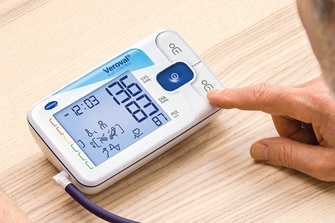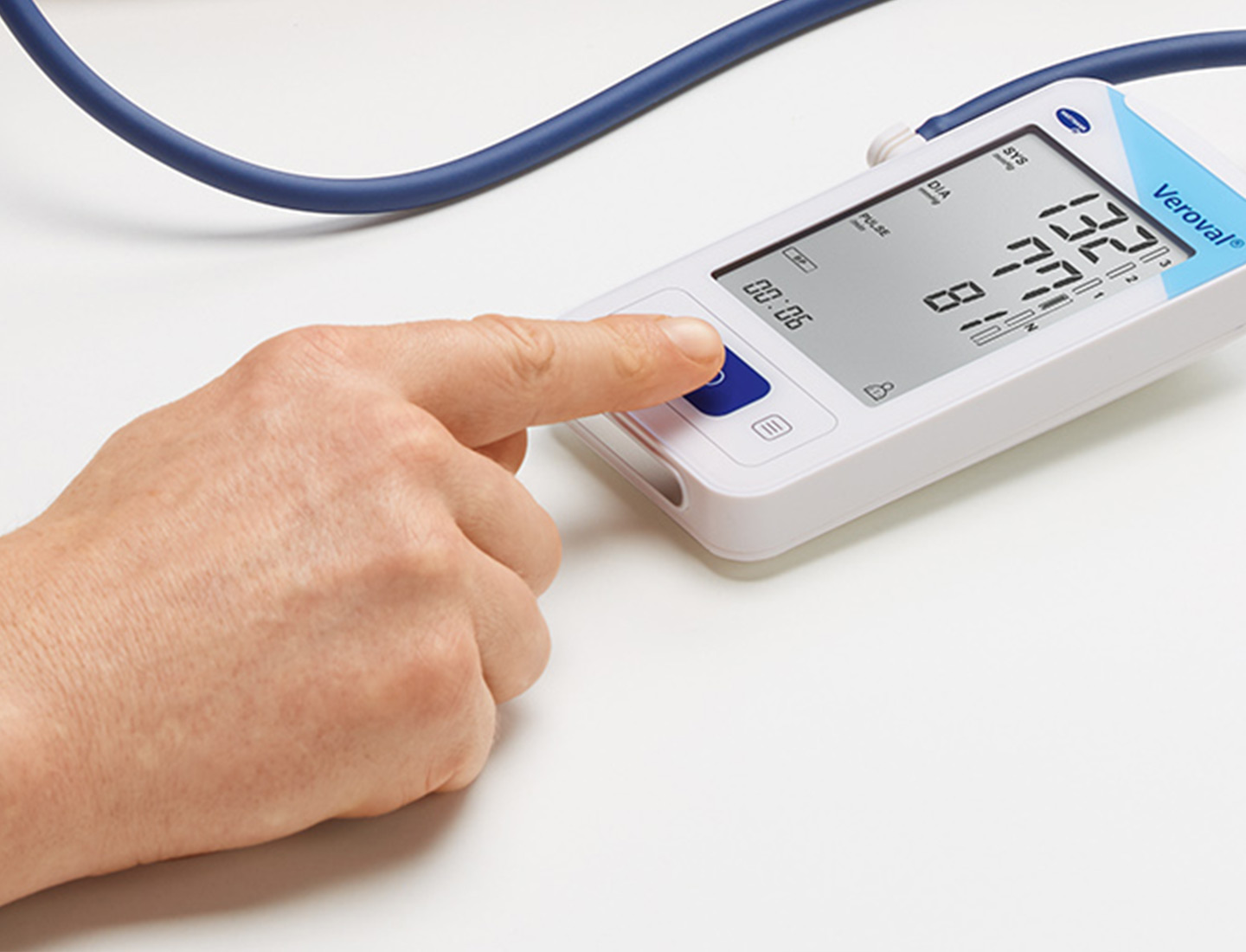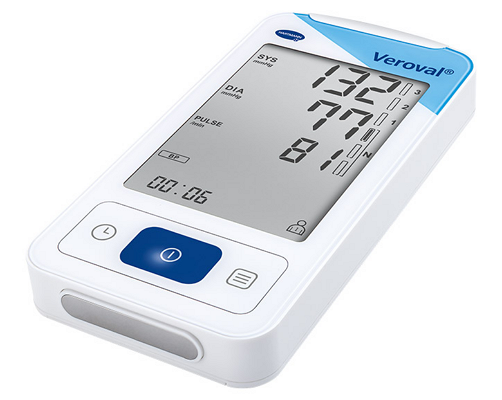Learn important things about your blood pressure


The list of experts couldn’t be more prestigious: The European Heart Rhythm Association (EHRA) and European Society of Cardiology (ESC) Council on Hypertension, endorsed by the Heart Rhythm Society (HRS), Asia-Pacific Heart Rhythm Society (APHRS), and Sociedad Latinoamericana de Estimulación Cardíaca y Electrofisiología (SOLEACE), report in the European Heart Journal1 that hypertension has been recognized as the principal and most common risk factor responsible for death and disability among non-communicable diseases worldwide. They state that high blood pressure leads to heart failure, coronary artery disease, stroke, peripheral artery disease, and chronic renal failure.
Heart rhythm problems are the result of irregular electrical impulses that coordinate the heartbeat. If the heart beats too fast, too slowly or irregularly, it might feel unpleasant – at best. At worst it can be life-threatening. An irregular heartbeat can be caused by genetic predisposition, stress, age, lack of sleep, exhaustion or similar factors.
The first step to find out if you suffer from arrhythmias is to measure your heartbeat. Many domestic blood pressure monitors are able to detect irregular heartbeats. If an irregular heartbeat has been indicated, you should consult your doctor, who can determine whether it is the result of an arrhythmia. However, arrhythmia or other diseases of the cardiovascular system can lead to erroneous readings or lower the accuracy of the blood pressure measurement.
When cardiac arrythmias occur regularly, they may be a first sign of a circulatory disorder (ischemia) or an inflammation of the heart muscle (myocarditis). Your self-measured values are not a substitute for a medical examination, so please discuss your measured values with your doctor.
2 in 1 Veroval® ECG and Blood Pressure Monitor

1 Gregory Y H Lip et. al, Hypertension and cardiac arrhythmia, European Heart Journal, Volume 38, Issue 4, 21 January 2017, pp. 223–225.